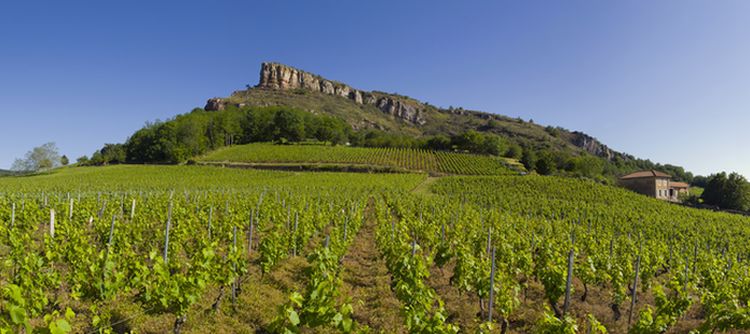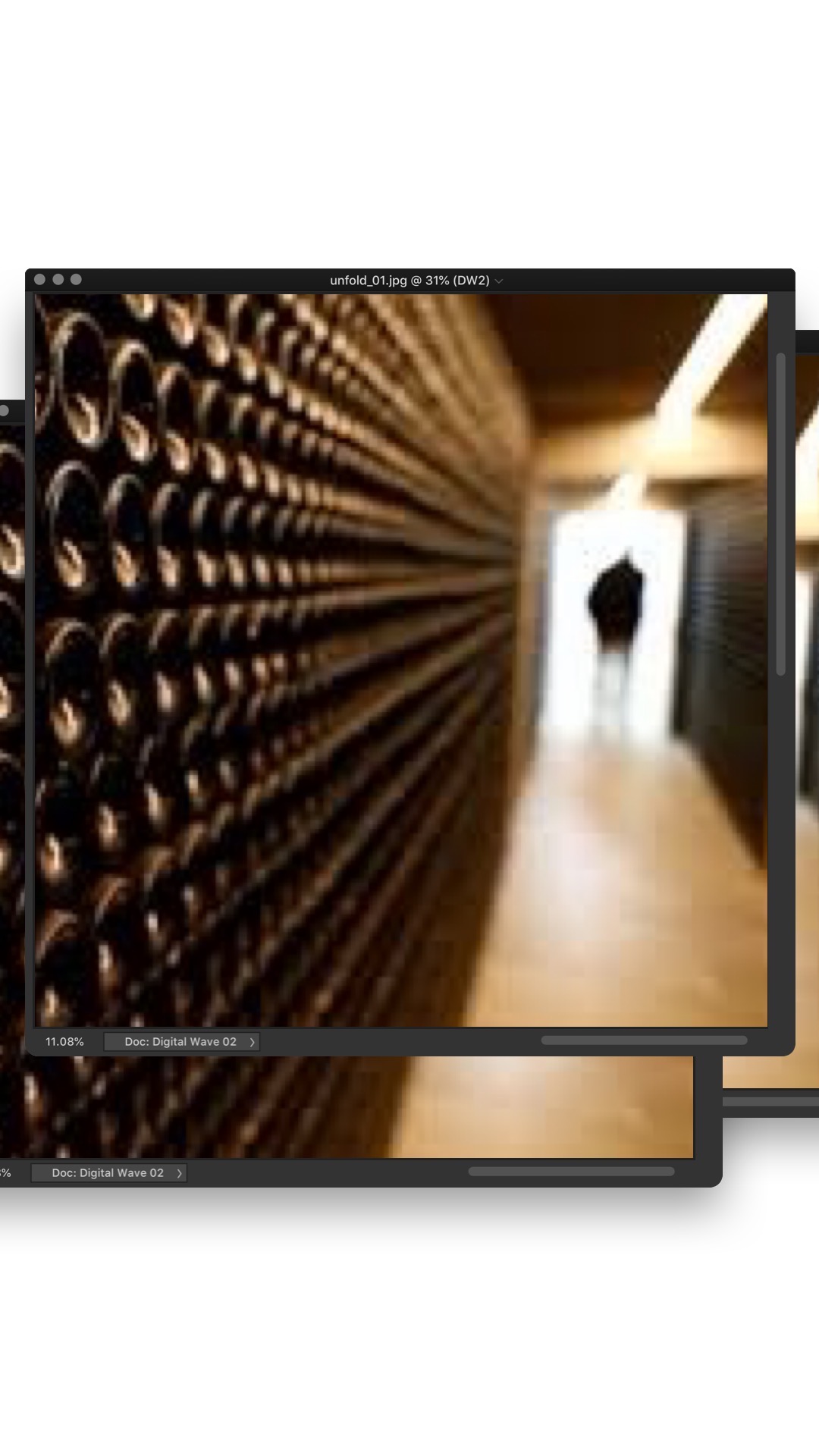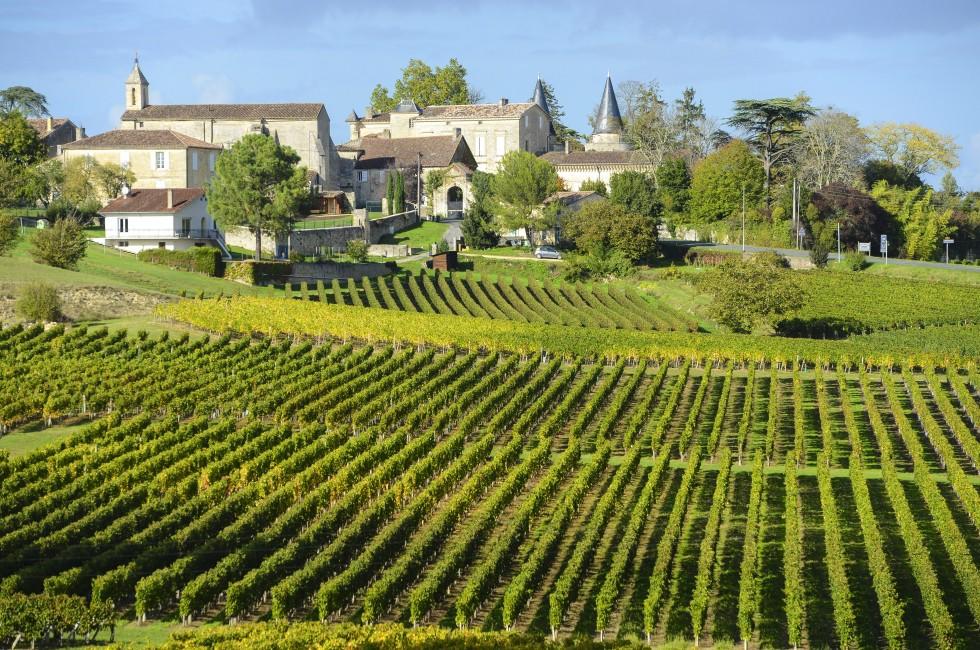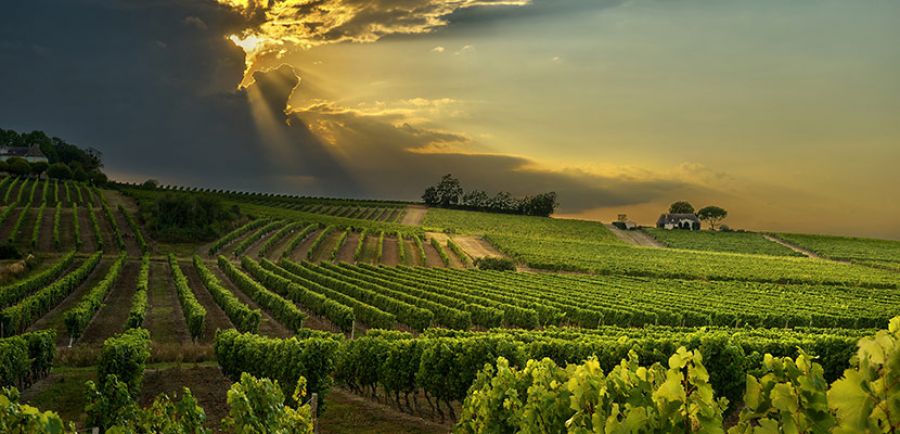After a 12-year application process, the French National Institute of Origin and Quality (INAO) approved the classification making Pouilly–Fuissé the first appellation within Burgundy’s Mâconnais sub-region to benefit from premier cru vineyards.
It’s a new era for Pouilly-Fuissé and probably for Mâconnais, joining now the prestigious classification established a long time ago in the Côte de Beaune and Côte de Nuits. The 22 “Premier Cru” represent a total of 194 ha under vine, accounting for 24 % of Pouilly-Fuissé’s total vineyard area (800 ha exclusively located on the four villages of Chaintré, Fuissé, Solutré-Pouilly and Vergisson).
The conditions of production of the Premier Cru are:
Maximum yield 56 hl/ha
Minimum soil’s rest of 3 years before replantation
No chemical herbicides
Minimum time of aging until July 1st





